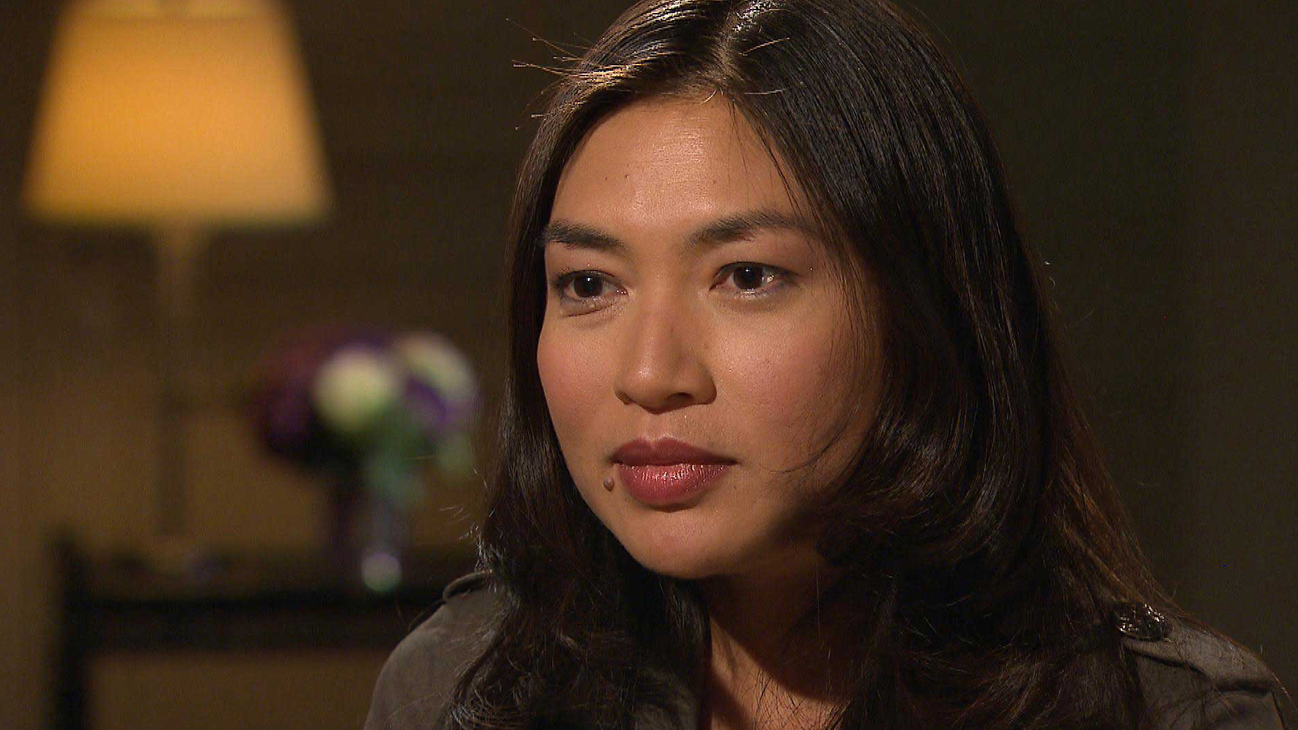Journalist and hostage survivor Mellissa Fung spoke on Monday, February 1, at the Unique Lives & Experiences series at Roy Thompson Hall in Toronto. The Toronto Star interviewed her prior to the event:
Mellissa Fung worries about Afghanistan’s women.
Her attachment to them remains fierce, despite the CBC TV reporter being kidnapped and held for 28 days underground in 2008.
Fung’s speaks out about the experience in Roy Thomson Hall Monday, as the first speaker at this year’s Star-sponsored Unique Lives & Experiences lecture series.
“It’s not easy for me to tell my story over and over again,” she says, on the phone from Washington, D.C.
She recounts the harrowing details of her captivity in her book Under an Afghan Sky, released in 2011.
Fung, 40, uses the interest in her story to talk about Afghan women, who also face enormous tests of will, faith and hope, and whose stories too often don’t have the happy ending Fung’s did. She maintains contact with many in Kabul and works with Canadian Women for Women in Afghanistan and the Ayenda Foundation, run by Shamim Jawad, wife of the former Afghan ambassador to the U.S.
The Star spoke to Fung about her pending appearance.
Q: With four years of distance, how would you say being kidnapped changed you?
A: Now that I have had time to think about it, I feel more grateful for everything that I have. It sounds like such a cliché, but it’s so true. When you come that close to losing everything, you kind of take stock of your life.
Back then, I had made peace with the fact that I might not come back and I was ready to face whatever would come. I’m so lucky that I came home safely. And look where we live. I like to think that I’ve done OK. It’s the people that I left behind who I really think about.
Q: Your faith was crucial during your captivity. Does religion play a role in your life now?
A: I don’t go to church any more. All those prayers I was reciting, I couldn’t say them when I came home because they’d bring me back to the hole. I couldn’t say the rosary. It took me a long time to get over that. Just recently I was in Italy and I went to the Vatican for confession. It was just then that I was able to say a bunch of Hail Mary’s without being totally thrown back.
Q: Your book ends with your release. What was your recovery process?
A: I went to see a trauma specialist for a while and it was great. She thinks I came out pretty well intact. I had all this time in the hole to deal with it, to process what was going on, to talk to my captors, to make peace. I didn’t have the classic symptoms of post-traumatic stress. I had nightmares when I was writing the book. It was not fun to write.
Q: Are you still bothered by nightmares?
A: The only time I have weird dreams about hostages is when I hear about it in the news. Recently Algeria. I thought about it probably more than the average person.
Q: Now there’s the crisis in Mali. What do those stories mean to you?
A: It just means that more journalists have to put their lives in danger to tell them. Looking at what is happening in Mali is frightening. And not a lot of western journalists are in there, understandably.
Q: Have you taken any dangerous foreign assignments since then?
A: The CBC has been reluctant to let me go anywhere it could be sketchy. I did a number of longer-form stories about wounded soldiers. We went to India to do an investigation on exports of asbestos. Last year I went to Panama to do a story on Canadian mining companies.
I’ve had to accept that it’s going to be harder for me to get back to places like Afghanistan. I had the CBC worried about what was going to happen to me for a month and going to a lot of trouble to try and secure my release. They wouldn’t want to risk going through all that again. I’ve just had to adjust my expectations on what kind of journalism I get to do.
Q: Has your experience changed your approach to reporting?
A: I was a pretty compassionate journalist to begin with, (but) I’ve been on the other side now, where my parents were pestered. It has also made me more determined to fight for certain stories. It’s made me more passionate.
By Barbara Turnbull
Published Thursday, January 31, 2013

